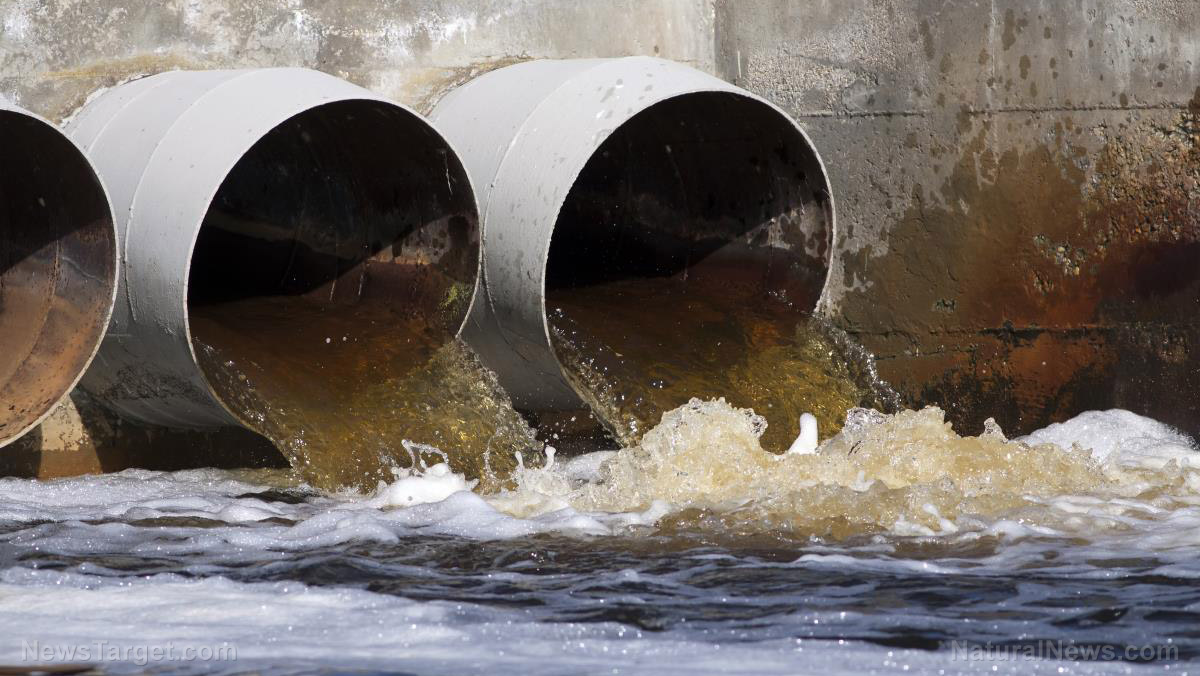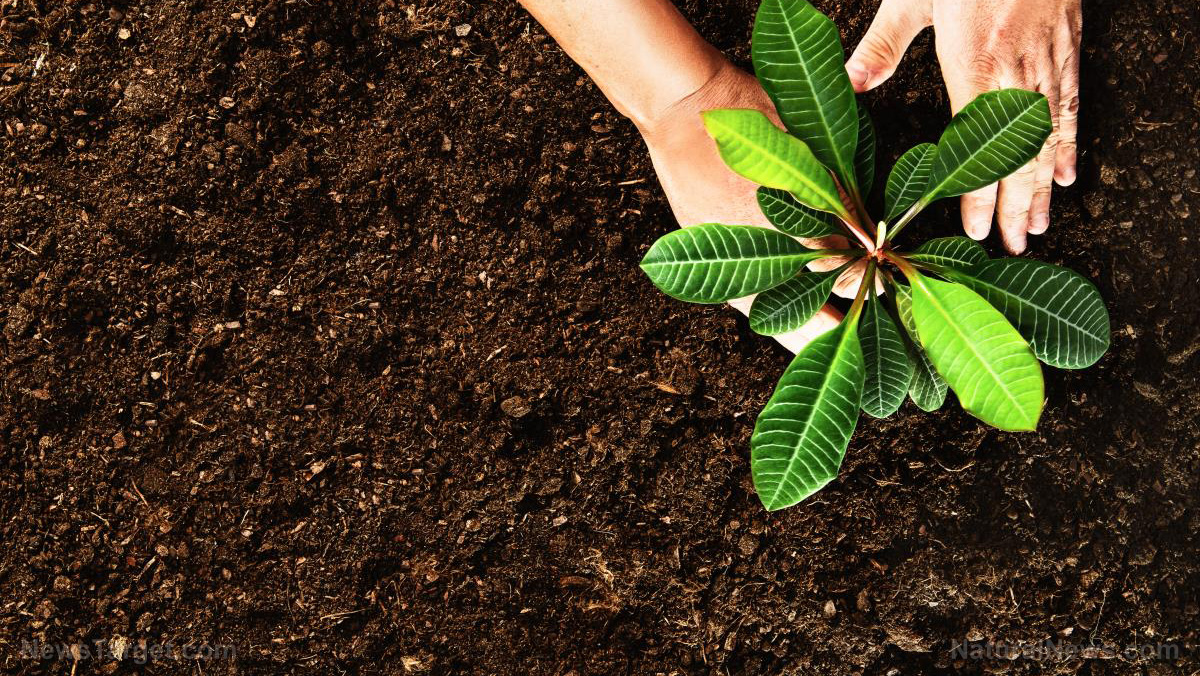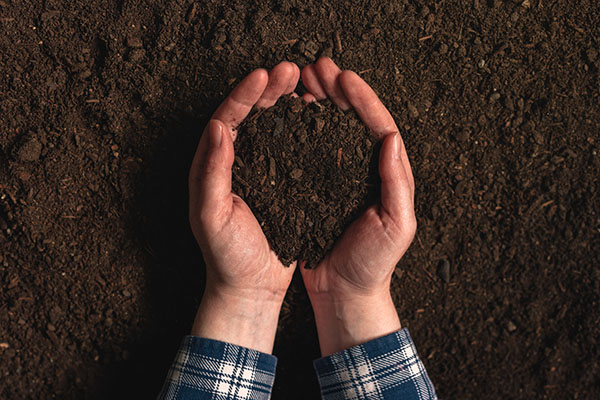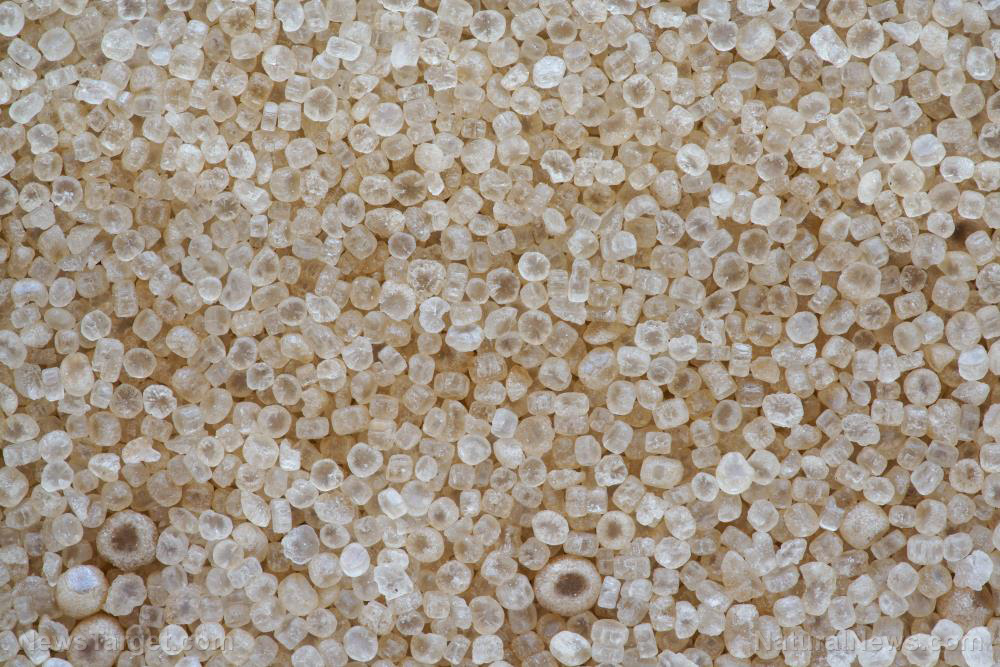
Did you know that worms can help boost your vegetable garden yield? This is possible if you use worm castings, nature's very own organic fertilizer. (h/t to OldWorldGardenFarms.com)
Unlike artificial fertilizers, worm castings are 100 percent safe to use. Worm castings are an organic and all-purpose fertilizer that can help make your vegetable garden more productive.
Worm castings: The miracle natural fertilizer
When used properly, worm castings can enrich your garden plants. To use worm castings, mix in a cup of castings with homemade potting soil. To make your own potting soil, all you need is compost, perlite, and pulverized topsoil.
After six weeks or so, plants grown with worm castings will be almost twice as large as plants that are grown with artificial fertilizers. With worm castings, your plants will have stronger, thicker, and darker fully developed leaves. Plants that are nourished by worm castings will continue to thrive even after they're transplanted.
Worm castings are versatile, and you can use them as a dry fertilizer. They can also be used to make a potent liquid fertilizer.
Worm castings are more effective because they are full of organic material and powerful minerals like calcium, magnesium, nitrogen, phosphorous, and potassium. Plants need these ingredients so they can grow healthy and strong. Worm castings can even enhance soil aeration and water retention.
Worm castings, which are also called vermicast, are made from the dried manure of worms. The manure of other animals like chickens, cows, horses, and rabbits are hot so they still need to age or be composted. Fortunately, worm castings are perfectly balanced and you can use them in your garden right away.
How worm castings are made and how to use them
As worms move through soil, they consume and digest tiny organisms and organic material. These materials are then ground down in the worms' digestive system. As the worms eliminate this waste, it turns into "a perfect blend of organic nutrients."
You can purchase worm castings, but you can also harvest them via a homemade set-up. (Related: Vermicomposting: How to Create Compost from Kitchen Scraps.)
You can use worm castings in various ways:
- Container plantings – For container plantings, you need to add 1/2 cup of castings to the soil in the containers. Once a month, add a quarter cup of castings to the top of the soil in the containers.
- Hanging baskets – To make your own hanging baskets, add 1/2 of cup of castings in the potting soil during planting time. If you buy already-planted baskets, sprinkle a quarter cup of castings on top of the soil. When it rains or as you water the plants, the nutrients leach down into their roots. Re-apply worm casting every month to keep basket plants healthy.
- Liquid compost tea – You can make an all-natural homemade "miracle growing liquid fertilizer" with worm castings. First, combine 1/2 to 3/4 cups of worm castings with two gallons of water. Let the solution soak for 24 hours. You can use the liquid compost tea to fertilize vegetable plants or flowerbeds. For vegetable plants, apply about 1/4 gallon of the mixture to each root zone. Water containers and hanging baskets with the solution every few weeks.
- Perennials – When cultivating or transplanting perennials, add a quarter cup of castings to every new planting hole.
- Seedlings – To use worm castings for seed starting, combine one part castings for every four to six parts potting soil. The slow release of nutrients can help seedlings grow big and strong.
- Shrubs and trees – For traditional one-gallon containers, add one cup of castings when planting. For large shrubs and trees, use an additional 1/2 cup for every additional gallon size of the container.
- Vegetable transplants – For vegetable transplants, use a quarter cup of castings mixed into each planting hole. Once this is done, sprinkle a couple of tablespoons mixed with mulch on top of the plant. This can act as a slow-release fertilizer every time it rains or whenever you water the plants.
You can read more articles about the benefits of using worm castings at HomeGardeningNews.com.
Sources include:
Please contact us for more information.





















